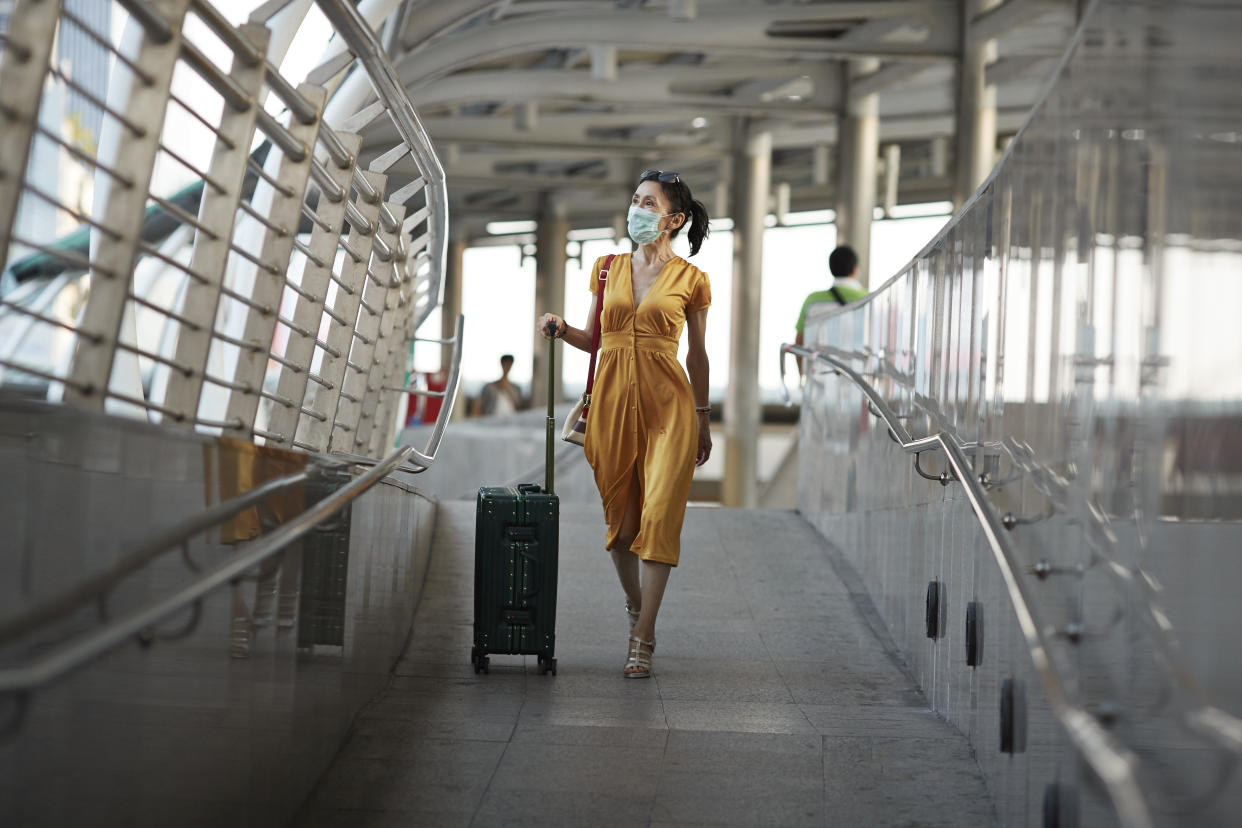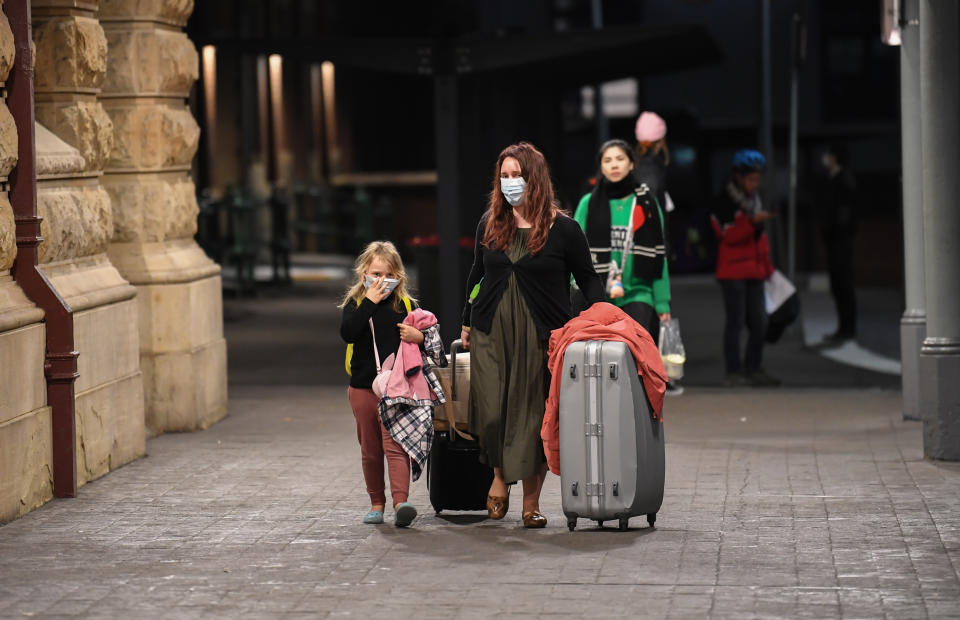Britons urged to 'forgo foreign holidays' by leading scientist

A leading scientist has urged Britons to forgo foreign holidays this year in favour of a “staycation”.
The coronavirus outbreak has left the UK on some form of lockdown since 23 March, when the prospect of a week in the sun felt a long way off.
Overseas getaways may now be a step closer, with the foreign office’s advice to avoid all but essential travel being lifted for some countries on 4 July.
From 10 July, people returning to England from more than 50 nations will also not be required to quarantine for 14 days.
While this is undoubtedly welcome news for many hopeful tourists, some experts have stressed letting loose on holiday may trigger a dreaded second wave of the coronavirus, which continues to circulate.

‘Spend our pounds in the UK’
Speaking on an Independent Scientific Advisory Group for Emergencies (Sage) call, Professor Gabriel Scally from the Royal Society of Medicine said: “As Europe loosens up and people go on their Mediterranean holiday, I wonder if these places will become melting pots for the virus.
“I wouldn’t be at all surprised if we see flare-ups in holiday destinations.”
Independent Sage was formed to provide a “constructive” alternative to the official Sage team, which has come under fire for a lack of transparency over the advice it gives Number 10.
Professor Scally added alcohol will “undoubtedly feature” in many getaways, which may cause holidaymakers to turn lax when it comes to social distancing.
Amid the outbreak, many insurers are not covering the coronavirus in newly taken out policies, leading to disappointment if breaks get cancelled or a hefty bill if medical care is required overseas.
Flare-ups may also lead to officials reinstating quarantines, leaving Britons unable to get home or forcing them to isolate on arrival.
“My personal feeling is we should forgo foreign holidays this year,” said Professor Scally.
“If we want to get the economy back on its feet, [we should] spend our pounds and euros in the UK and Ireland, and support the local tourist industry.”
Professor Anthony Costello from University College London added: “Hotel lettings around the country have been decimated.
“Supporting our own holiday industry would be a great thing to do.”
While restrictions are gradually easing, anyone who develops the coronavirus’ tell-tale fever, cough, or loss of taste or smell is required to stay at home entirely for seven days.
Other members of their household must do so for two weeks.
These symptoms aside, Professor Scally stressed people should not travel if they feel at all unwell.
For those who are able to get away, social distancing is arguably more important than ever as we work towards a “new normal”.
Professor Tolullah Oni from the University of Cambridge stressed travellers should be as careful en route as they will be at their destination.
“On your way there, avoid peak times if you catch a train, [and ensure you practice good] hand hygiene,” she said.
“On holiday, avoid overcrowded spaces [and] use the outdoors as much as possible”.
What is the coronavirus?
The coronavirus is one of seven strains of a virus class that are known to infect humans.
Others cause everything from the common cold to severe acute respiratory syndrome (Sars), which killed 774 people during its 2002/3 outbreak.
Since the coronavirus outbreak was identified at the end of 2019, more than 10.9 million cases have been confirmed worldwide, according to Johns Hopkins University.
Of these cases, over 5.7 million are known to have recovered.
Globally, the death toll has exceeded 521,900.
The coronavirus mainly spreads face to face via infected droplets expelled in a cough or sneeze.
There is also evidence it is transmitted in faeces and survives on surfaces.
The infection itself has no “set” treatment, with most patients naturally fighting it off.
The steroid dexamethasone is being used in hospitals throughout the UK to reduce the risk of death among patients on ventilators or oxygen.
Officials urge people ward off infection by washing their hands regularly and maintaining social distancing.
Coronavirus: what happened today
Click here to sign up to the latest news, advice and information with our daily Catch-up newsletter
Read more about COVID-19
How to get a coronavirus test if you have symptoms
How easing of lockdown rules affects you
In pictures: How UK school classrooms could look in new normal
How public transport could look after lockdown
How our public spaces will change in the future
Help and advice
Read the full list of official FAQs here
10 tips from the NHS to help deal with anxiety
What to do if you think you have symptoms
How to get help if you've been furloughed



